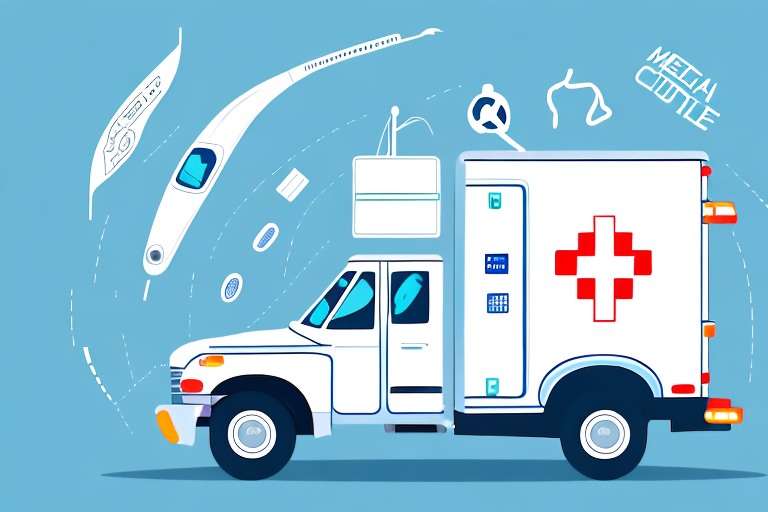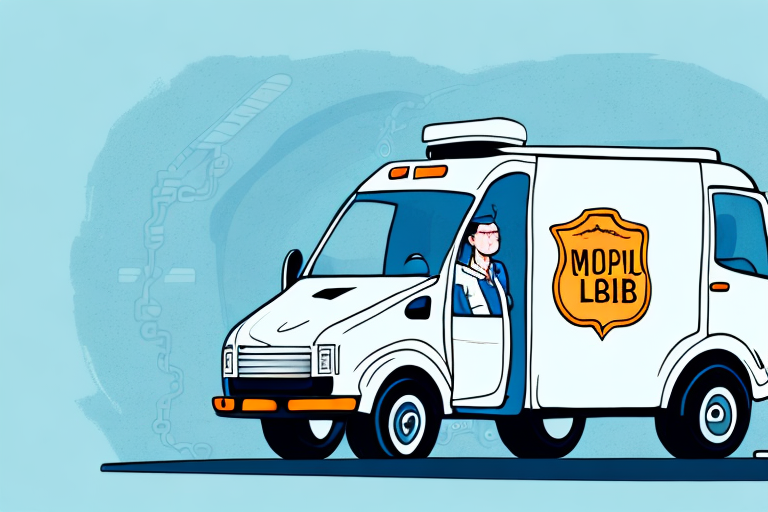The Critical Role of Medical Couriers in Modern Healthcare
Medical couriers are indispensable to the healthcare industry, ensuring the safe and timely delivery of essential medical materials such as biological samples, medical equipment, and pharmaceuticals. Their role has become increasingly vital as healthcare systems grow more complex and demand faster, more reliable transportation solutions.
Essential Qualifications and Training for Medical Couriers
Basic Educational and Licensing Requirements
Most medical courier positions require at least a high school diploma or equivalent. A valid driver's license and a clean driving record are also essential, given the transportation nature of the job.
Specialized Certifications
Certain employers may mandate additional certifications, including:
- HIPAA compliance training to ensure the confidentiality of patient information.
- Hazardous materials handling certification for transporting sensitive or dangerous medical supplies.
Background Checks and Physical Requirements
Medical couriers often undergo thorough background checks and drug screenings. Physical fitness is also important, as the role can involve lifting and carrying heavy items.
Varieties of Medical Courier Services and Their Specific Responsibilities
Pharmaceutical Delivery
Specializing in the transport of medications, ensuring they are delivered under the required conditions to maintain efficacy.
Medical Equipment Transport
Focusing on the delivery of vital medical devices, such as imaging machines or surgical instruments, requiring careful handling and timely delivery.
Emergency Medical Couriers
Responsible for urgent deliveries during emergencies like natural disasters or mass casualty events, often operating under high-pressure conditions.
Ensuring the Safe and Timely Transport of Sensitive Medical Materials
Temperature Control and Specialized Packaging
Utilizing ambient packaging, refrigeration units, and tamper-evident materials to maintain the integrity of temperature-sensitive shipments.
Comprehensive Training and Protocols
Medical couriers receive extensive training in handling hazardous materials, emergency response, and proper disposal methods.
Coordination with Healthcare Providers
Working closely with labs and healthcare facilities to ensure timely pickups and deliveries, often coordinating complex schedules and paperwork.
Advanced Technology in Medical Courier Operations
Real-Time Tracking Systems
Employing GPS and barcode scanning to monitor shipments in real-time, ensuring accountability and preventing delays.
Temperature Monitoring Devices
Using advanced sensors to continuously monitor the temperature of sensitive shipments, alerting couriers to any deviations that could compromise the materials.
Electronic Documentation
Leveraging digital tools for seamless documentation and chain of custody tracking, reducing errors and enhancing security.
Regulatory Compliance in the Transport of Medical Materials
Federal Regulations
Adhering to guidelines set by the Department of Transportation (DOT), Food and Drug Administration (FDA), and United States Postal Service (USPS) for the safe transport of medical materials.
State-Specific Requirements
Staying informed about and compliant with additional state regulations that may affect the transportation of medical supplies and specimens.
Importance of Compliance
Non-compliance can lead to severe penalties, including fines and legal action, and can jeopardize patient safety.
Challenges Faced by Medical Couriers and Safety Best Practices
Common Challenges
- Traffic congestion and unpredictable weather conditions impacting delivery times.
- Maintaining the confidentiality and security of sensitive medical materials.
Safety Tips for Medical Couriers
- Always wear protective gear such as gloves, masks, and goggles when handling materials.
- Secure all packages properly to prevent spills or leaks during transport.
- Adhere strictly to all driving regulations and take regular breaks to avoid fatigue.
The Future of the Medical Courier Industry: Emerging Trends and Innovations
Adoption of Drone Technology
Increasing use of drones for faster and more efficient delivery of medical supplies, especially in remote or hard-to-reach areas.
Integration of Electronic Medical Records
Enhanced coordination through digital records, improving the accuracy and speed of deliveries.
Advanced Temperature-Controlled Packaging
Development of more sophisticated packaging solutions to ensure the stability and safety of temperature-sensitive materials like vaccines and blood samples.
Personalized Medicine and Specialized Deliveries
Growing demand for the transport of personalized medical treatments, requiring highly specialized courier services.
Conclusion
Medical couriers are vital to the healthcare system, ensuring the seamless and secure transport of a wide array of medical materials. By adhering to strict regulations, utilizing advanced technology, and overcoming daily challenges, medical couriers contribute significantly to effective healthcare delivery and patient outcomes.
For more information on the evolving role of medical couriers, refer to authoritative sources such as the Food and Drug Administration (FDA) and the U.S. Department of Transportation (DOT).




















